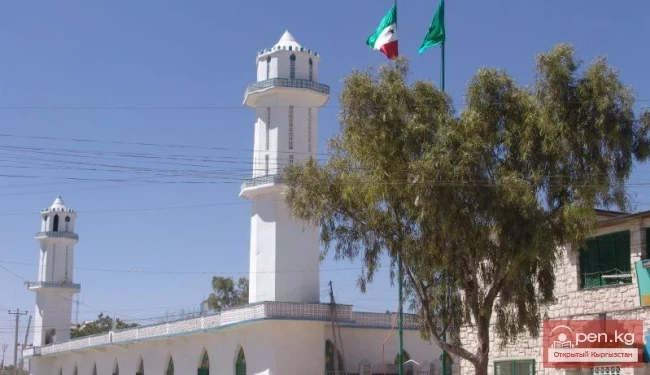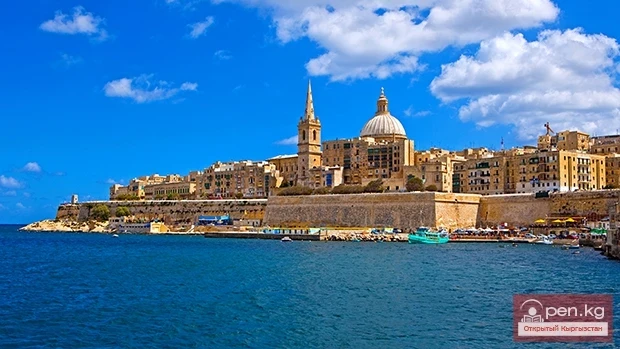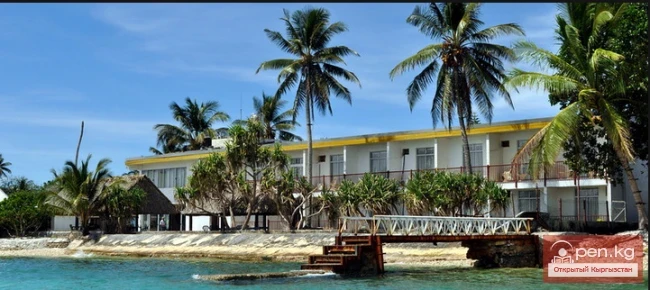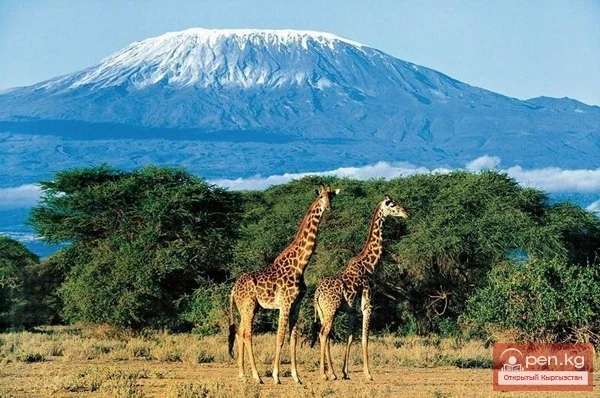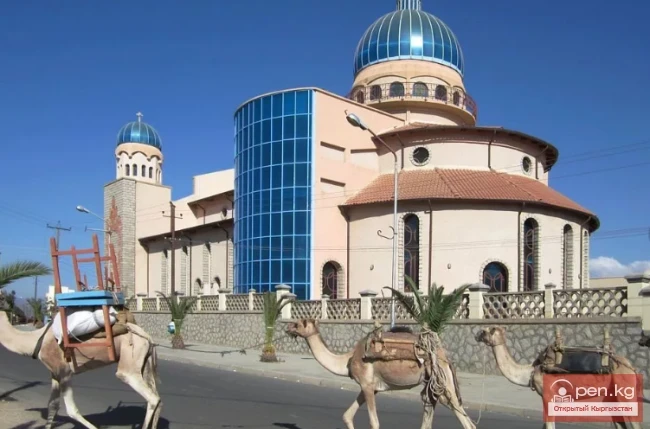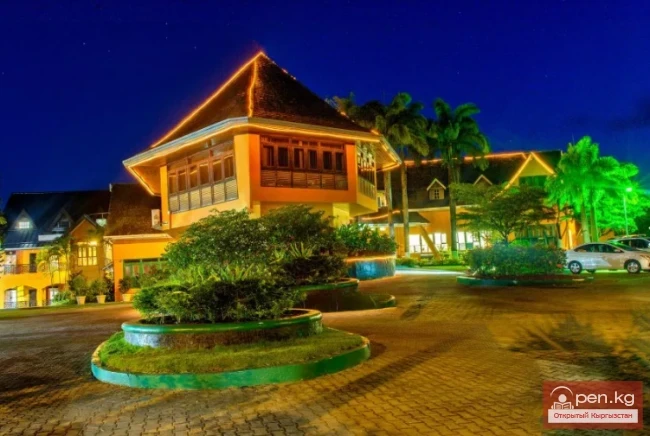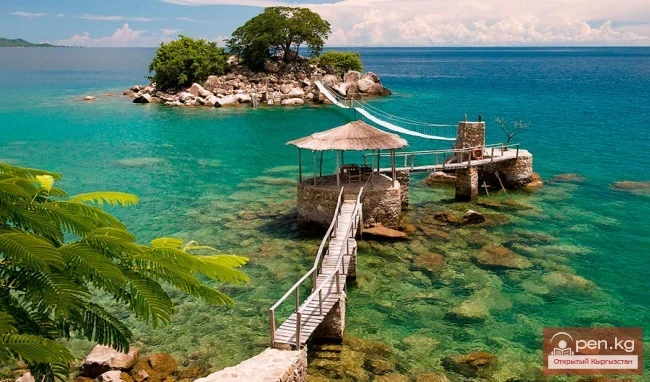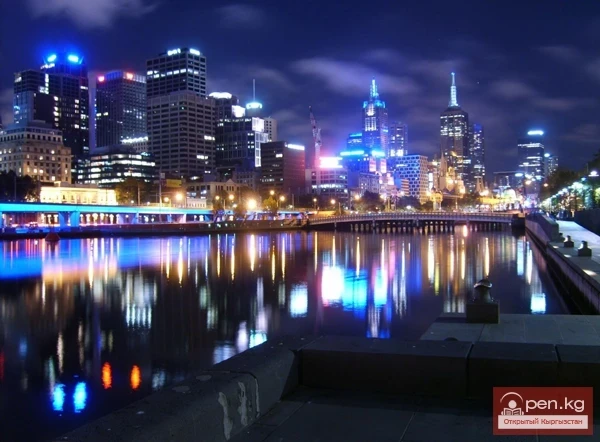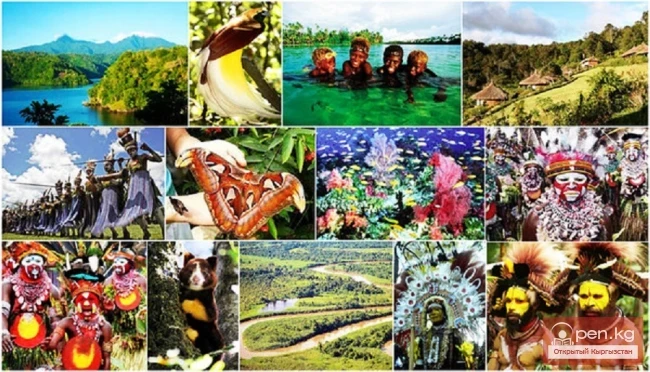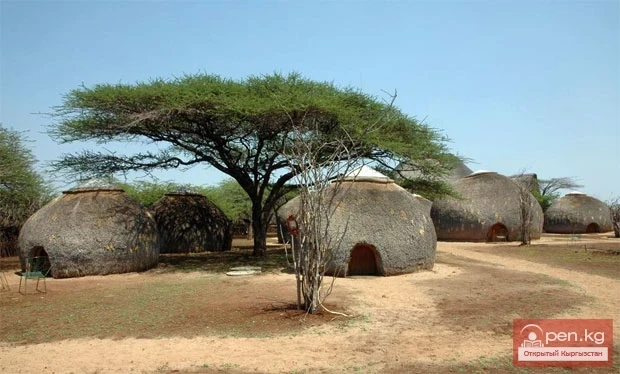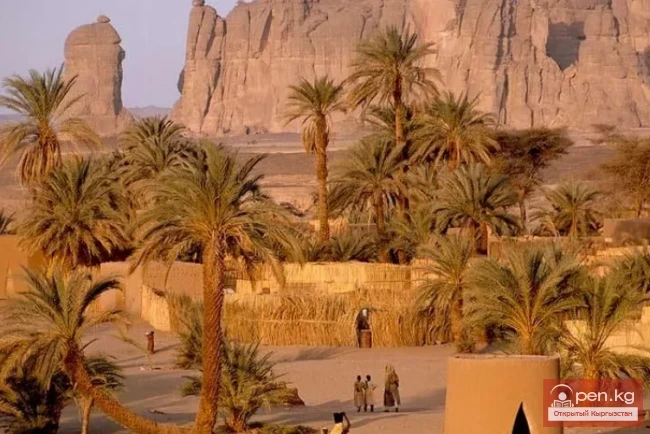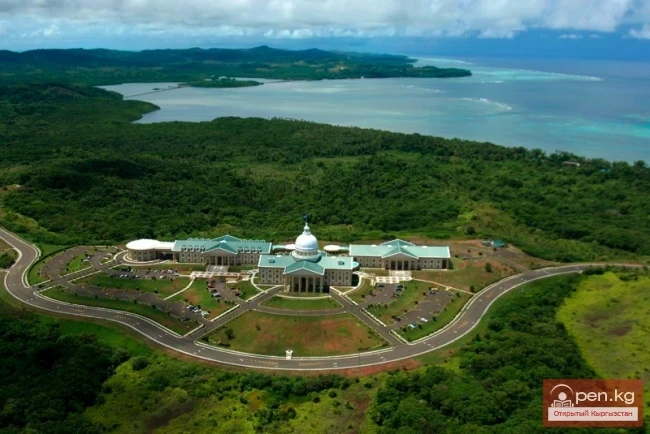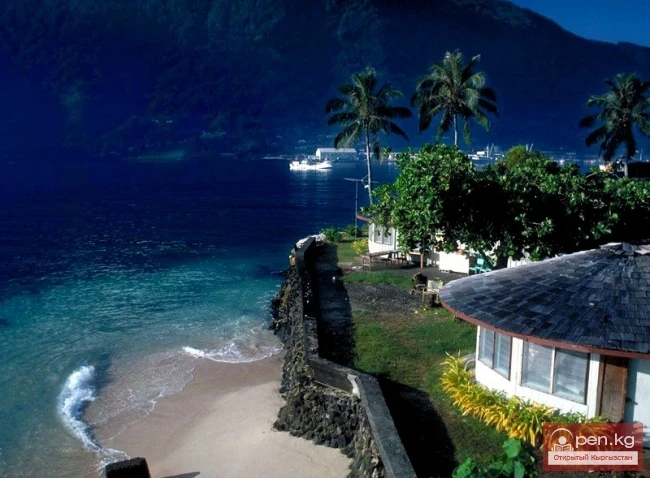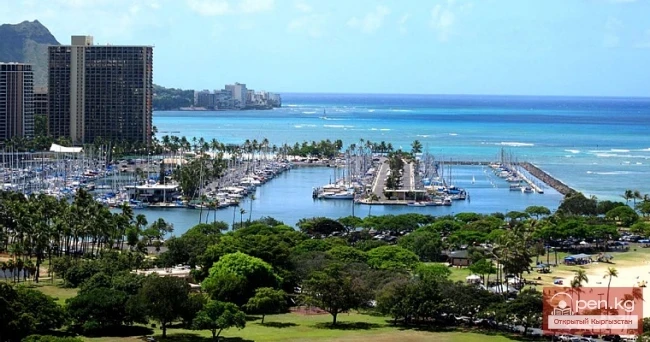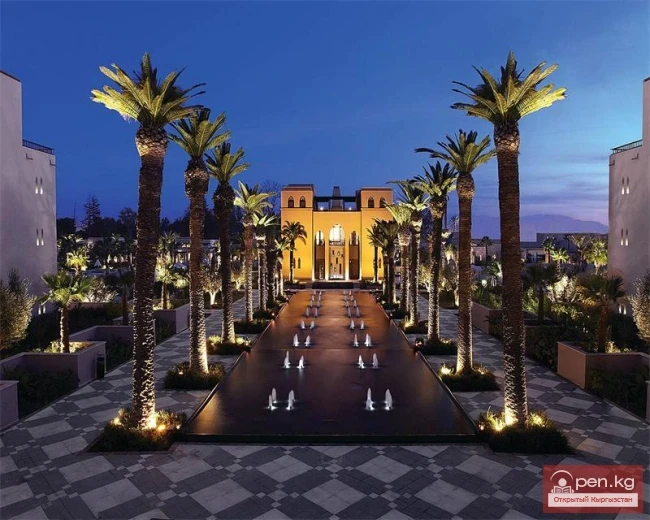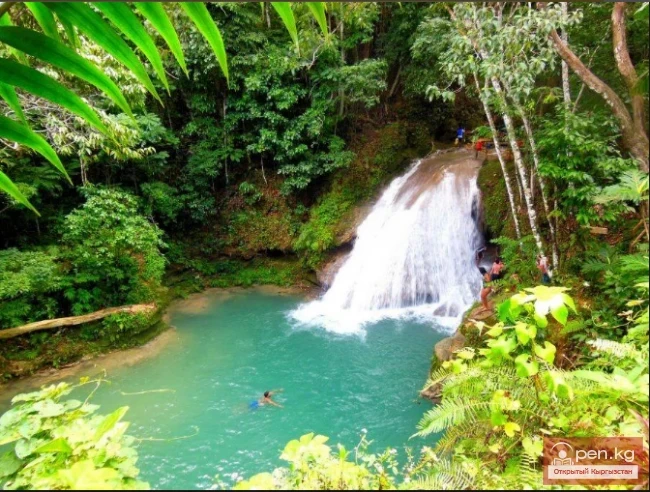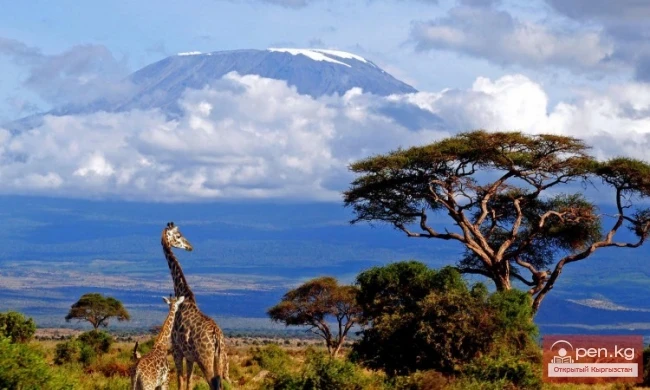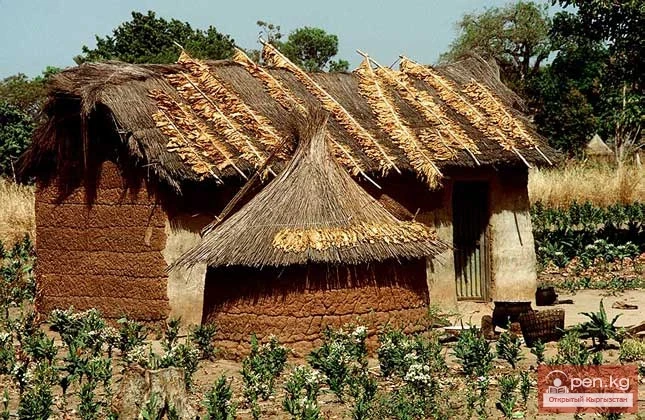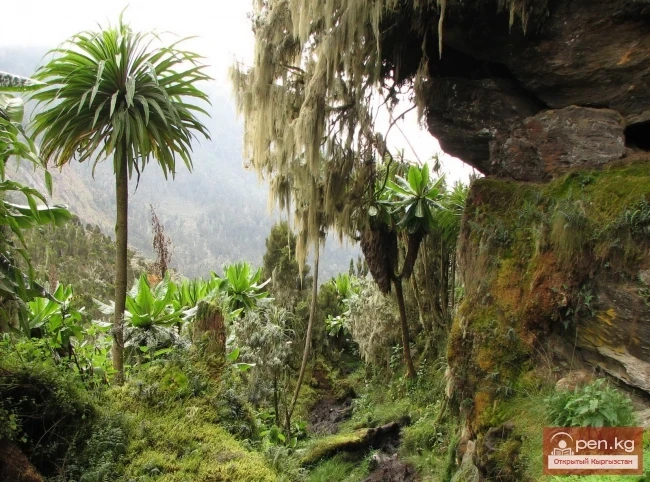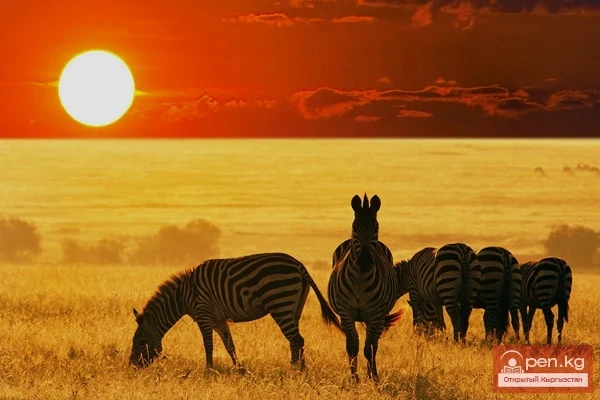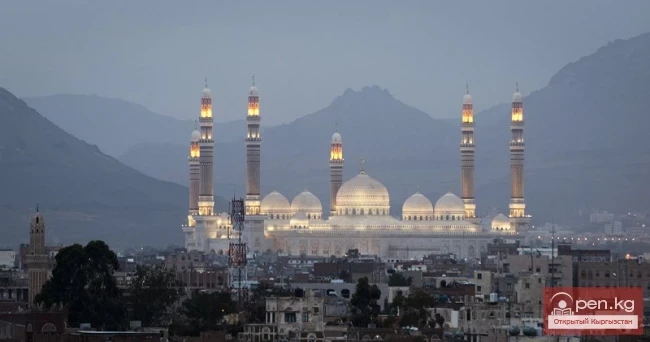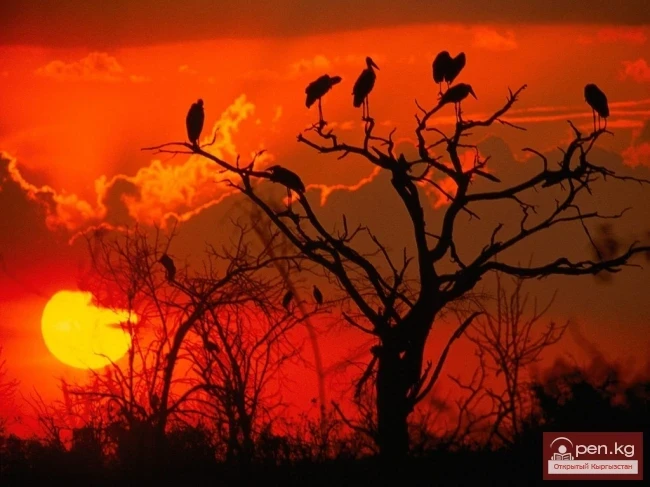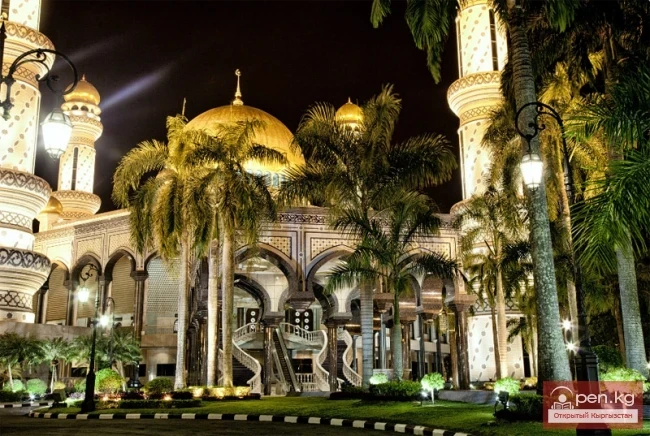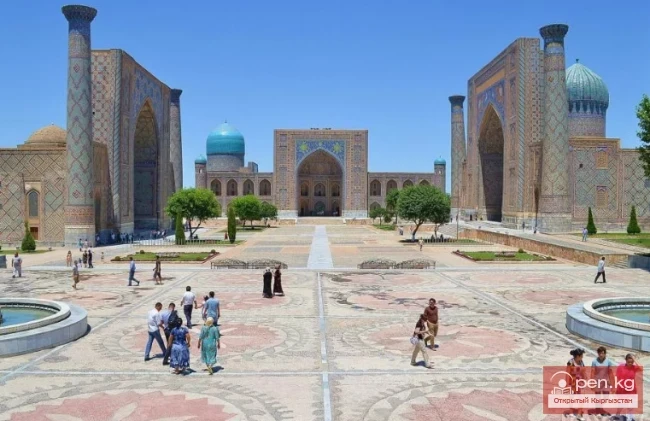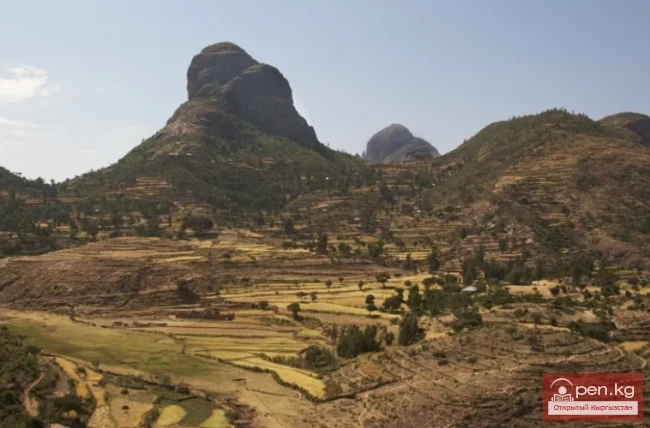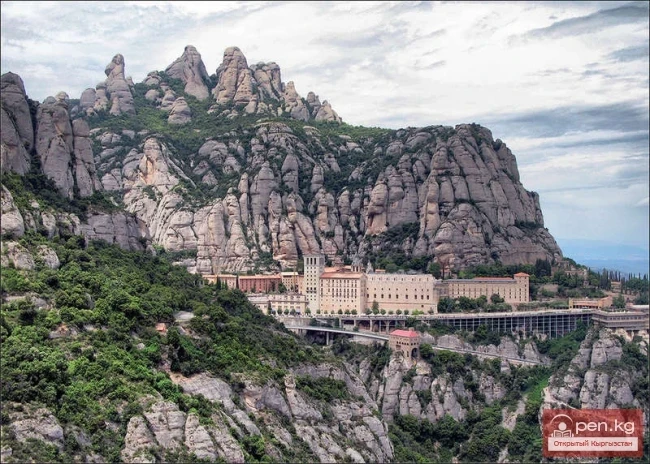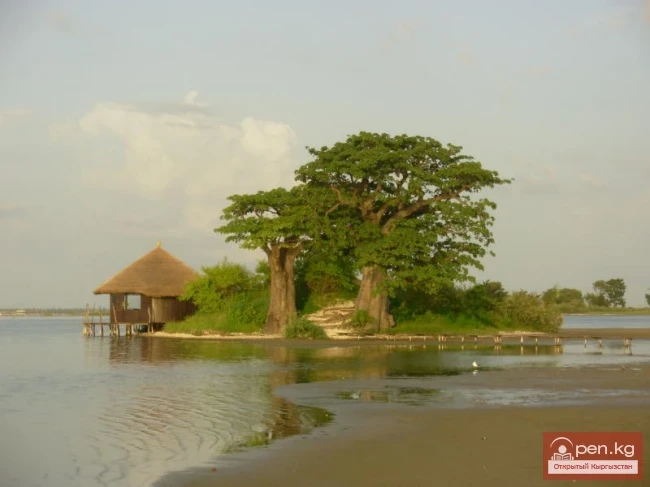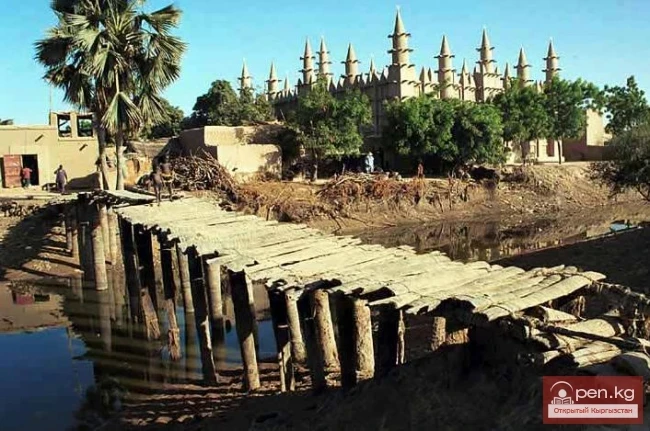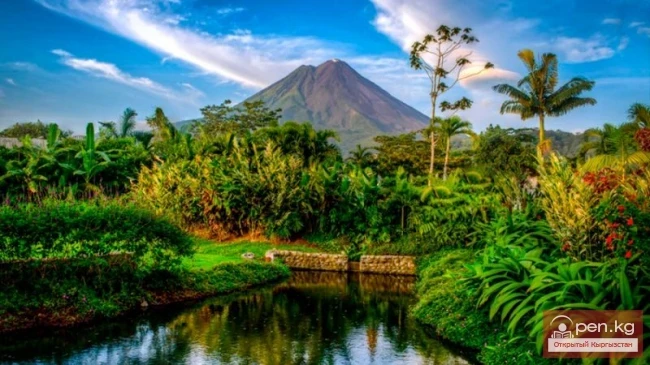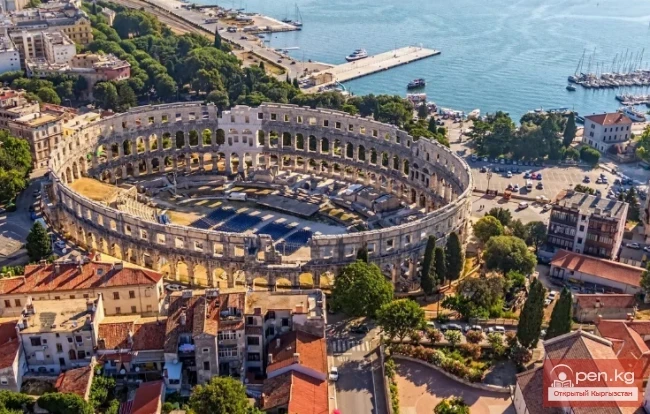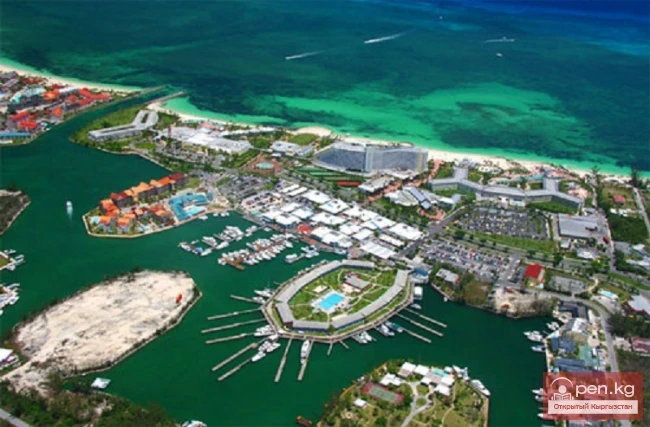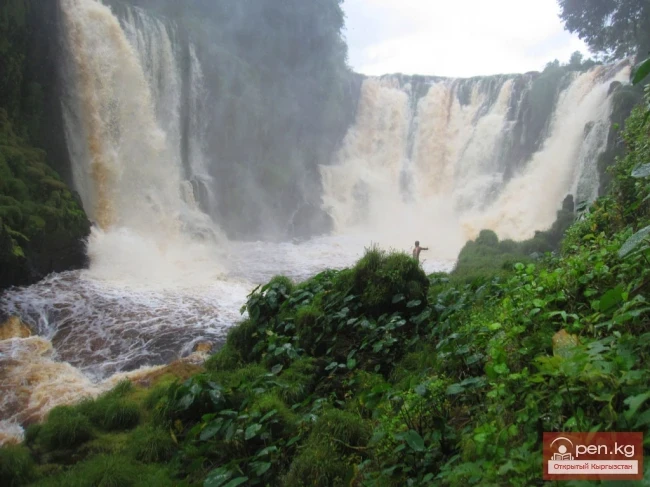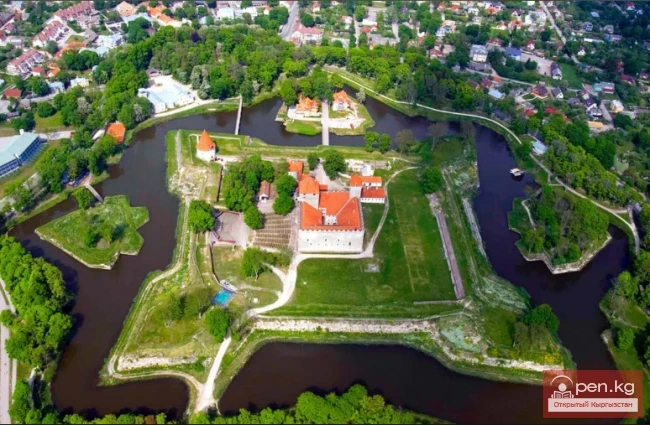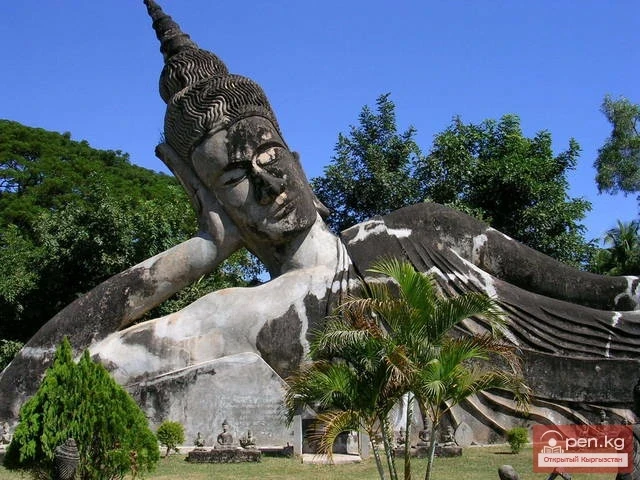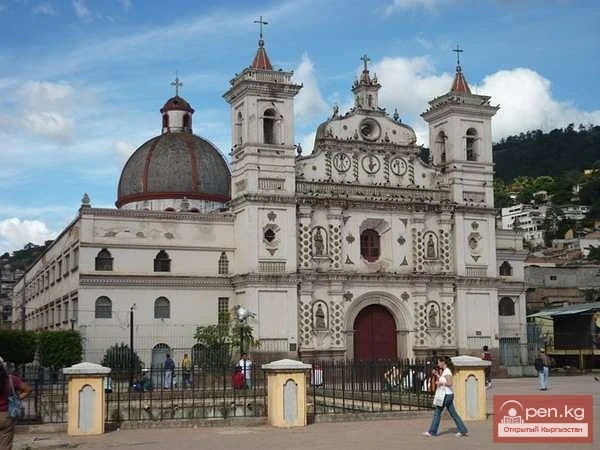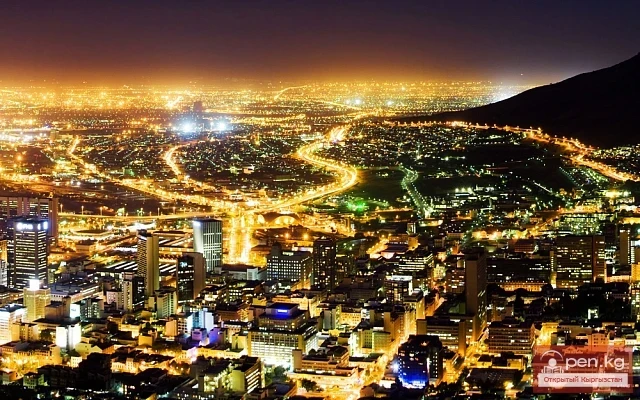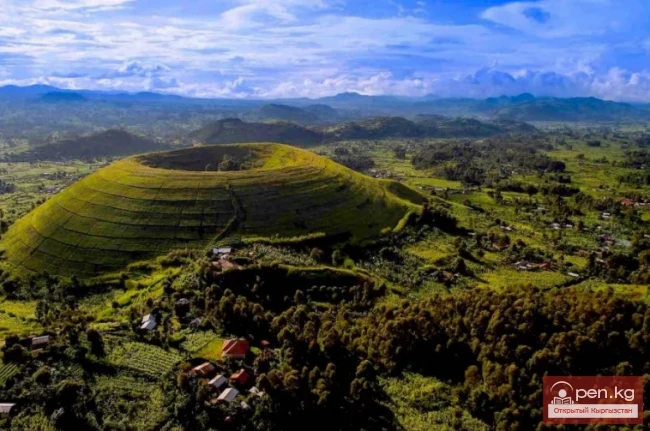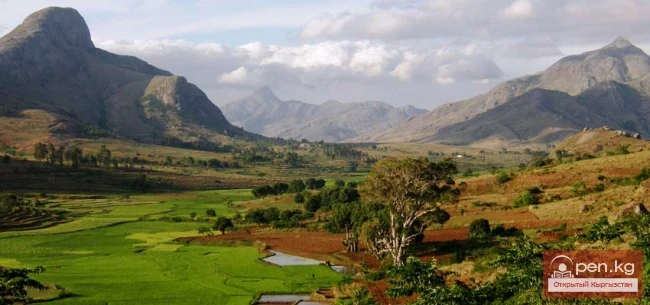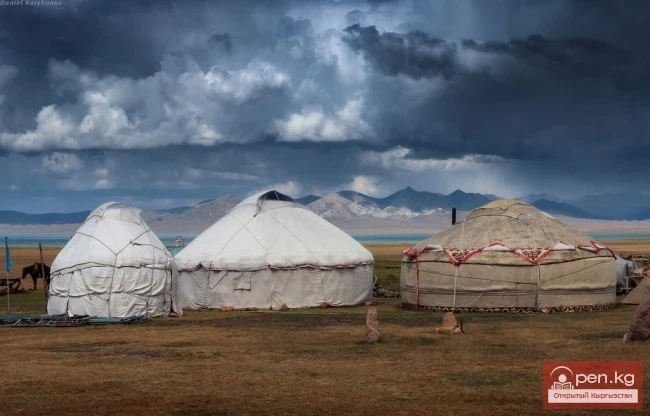SOMALIA. Somali Republic
A state in Northeast Africa, bordered by the Indian Ocean and the Gulf of Aden. Area - 637.7 thousand km². Capital - Mogadishu (over 800 thousand), largest cities: Kismayo, Berbera, Hargeisa, Marka. Administratively divided into 18 regions. Population - 9.3 million (1995), of which 95% are Somalis, the rest are a European minority (mainly Italians). Official languages are Somali and Arabic. The dominant religion is Islam. The currency is the Somali shilling = 100 cents.
It has diplomatic relations with the Russian Federation (established with the USSR on September 11, 1960).
National holiday - July 1 - Independence Day (1960).
At the end of the 19th century, European powers carried out the colonial division of the Somali Peninsula. In 1887, Great Britain seized Northern Somalia (Somaliland), and in 1889, Italy took the southern part of the country. At the beginning of World War II, Italy occupied the entire Somali Peninsula. After the defeat of the Italian army in Africa in 1941, former Italian (Southern) Somalia was under the control of the British military administration until 1950, and in the 1950s and 60s, it was a UN trust territory administered by Italy. In June 1960, in accordance with a UN General Assembly decision (1959), Great Britain granted independence to British Somaliland (formerly a British protectorate), and in July 1960, former British and Italian Somalia united into a single state - the Somali Republic.
In September 1960, Somalia was admitted to the UN, in 1963 - to the OAU (since 2002 - AU), and in 1974 - to the Arab League.
On October 21, 1969, officers of the Somali armed forces staged a coup and proclaimed the Somali Democratic Republic. Power in the country passed to the Supreme Revolutionary Council, headed by General Mohamed Siad Barre, who became the head of state and government. On July 1, 1976, the Somali Revolutionary Socialist Party (SRSP) was established (General Secretary of the Central Committee - M. S. Barre), and the Supreme Revolutionary Council was dissolved. In August 1979, a new constitution was announced, and in December of the same year, elections were held for the People's Assembly (parliament) and local authorities. In 1986, M. S. Barre was re-elected as General Secretary of the party and president of the country.
In 1989, at an extraordinary plenum of the SRSP Central Committee, it was announced that a multi-party system would be introduced at the end of 1990. In October 1990, a constitution was adopted ("on a temporary basis," until a nationwide referendum could be held). Since the early 1980s, there had been a rise in opposition protests against the ruling regime, which primarily represented the interests of the Marehan clan. The exacerbation of clan-tribal contradictions and a sharp deterioration in the economic situation led to the activation of armed opposition and ultimately to the fall of the regime. On January 6, 1991, the United Somali Congress (USC) came to power. Ali Mahdi Mohamed was appointed acting president. However, this did not stabilize the internal political situation. Vast territories of the country came under the control of the leader of one of the opposing factions of the USC, General M. F. Aydid. The military confrontation between Somali factions led to an internal armed conflict in the country, which destroyed all structures of state power and created a threat of the disintegration of a unified Somali state.
The international community, represented by the UN and its Security Council, regional organizations - the Organization of African Unity (since 2002 - AU), IGAD, as well as the Arab League, made efforts to find ways to resolve the Somali issue. In April 1992, "UN Operation in Somalia" (UNOSOM) was launched, aimed at delivering international humanitarian aid to the country. From December 1992, at the initiative of the United States, "Operation Restore Hope" was deployed in Somalia. In May 1993, the UN operation (UNOSOM II) was resumed, aimed at implementing humanitarian programs, achieving political settlement, and restoring statehood and order in Somalia. This second phase of the UN operation did not bring the expected results.
From October 2002 to October 2004, a conference on intra-Somali reconciliation took place in Kenya under the auspices of IGAD and with financial support from the EU, the USA, and the Arab League, during which the Transitional Charter (constitution) of Somalia was adopted; a president was elected (A. Y. Ahmed). At the end of 2004, a prime minister was appointed (A. M. Gedi), and at the beginning of 2005, a cabinet of ministers (42 ministers) was formed.
In the northern part of the country, fully populated by the Isaaq clan, the situation is characterized by greater stability. After the fall of S. Barre's regime, the Republic of Somaliland was proclaimed here (capital - Hargeisa), whose president became Abdirahman Ahmed Ali (Tuur). In May 1994, the council of elders elected Mohamed Ibrahim Egal as president (Prime Minister of Somalia from 1967-69). Since April 2003, the president has been Dahir Riyale Kahin.
Somaliland has its own currency (shilling) in circulation, and a new constitution is being developed. To this day, Somaliland is not recognized by the international community.
In July 1998, the so-called "Puntland State" was proclaimed in the territories of the Darod clan, with its capital in Garowe.
Somalia is one of the poorest countries in Africa, an underdeveloped agrarian state. Industry is weakly developed. Before the civil war, there were about 200 enterprises, mainly in the processing industry, employing up to 15,000 people.
The road network consists of 21,000 km, of which 6,000 km are paved. Major seaports: Berbera, Mogadishu, Kismayo.
More than 75% of the country's population is engaged in nomadic pastoralism. There were 46.5 million heads of livestock (including cattle, sheep, and camels, in 1988). In agriculture, subsistence and semi-subsistence farming predominates. In 1988, the following was produced (thousand tons): corn - 253, sugarcane - 310, bananas - 125, rice - 13.
Live cattle were exported (over 80% of exports), bananas, raw hides, meat, canned meat and fish, and valuable timber. Industrial goods, machinery and transport equipment, petroleum products, and some food products were imported. Major trading partners: Saudi Arabia, Italy, the USA, the UK, Germany, and other EU member countries.
As a result of the civil war, the country's economy is practically paralyzed. There has been a decrease in livestock numbers (by 15-20%, according to estimates), a sharp reduction in arable land, leading to a shortage of food products in the country. Industrial enterprises are not functioning, and the infrastructure is almost completely destroyed. The financial system has essentially collapsed.
According to the UN, the number of refugees from Somalia is about 1 million people.
